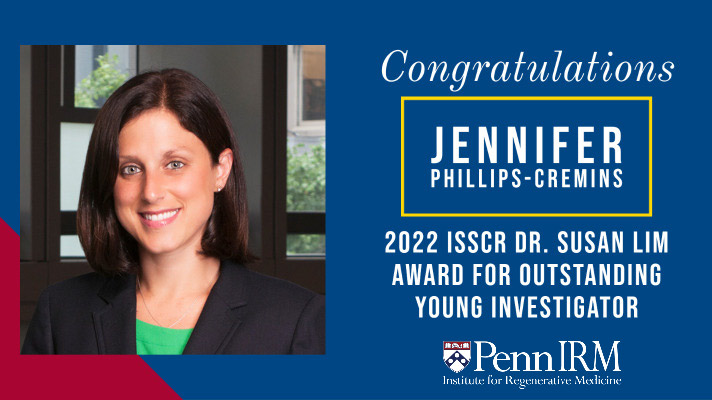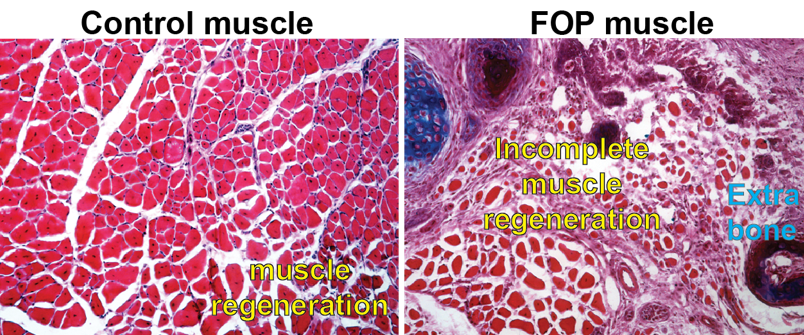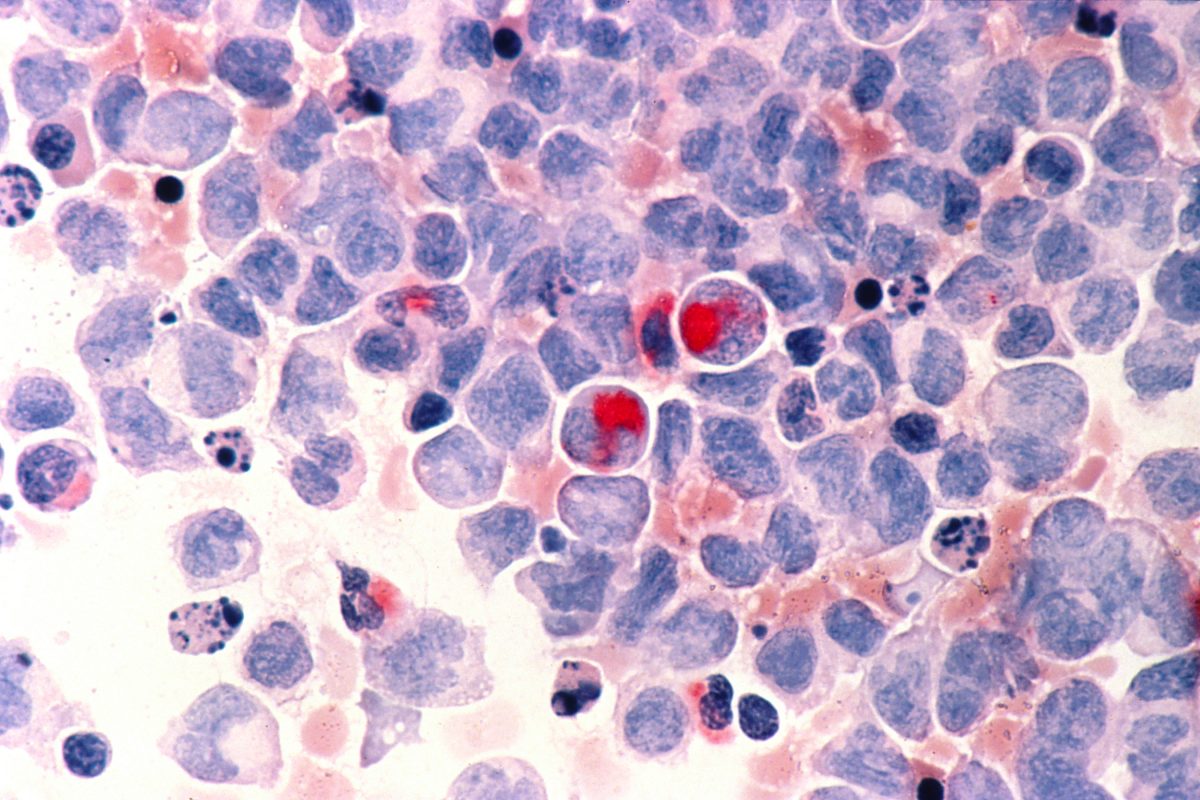In the late 1980s, scientists developed a revolutionary approach to treating acute myeloid leukemia (AML), a type of blood cancer. Called differentiation therapy, it amounted to a bona fide cure for many patients. The treatment works by triggering cells “stuck” with a cancerous identity to keep developing and maturing, giving rise to different, non-disease causing types.
Unfortunately, this treatment only works for a small subset of patients who have a particular subtype of the disease, called promyelocytic AML (APL). “For a long time, it was seen as kind of a one-off,” says M. Andrés Blanco, an assistant professor at the University of Pennsylvania School of Veterinary Medicine.
Now, Blanco and colleagues have identified a new approach to triggering differentiation in AML—one with potential to treat a much wider array of AML patients.
Their study, published in the journal Cancer Discovery, identifies an enzyme that regulates the process by which AML cells differentiate. In both cell lines and an animal model, the researchers found that inhibiting this enzyme, particularly in combination with other anti-cancer therapies, prompted AML cells to lose aspects of their identity associated with aggressive growth. The cells also began to exit the cell cycle, on the path toward maturing into a new cell type.
Read more about Andres’ research in the full post from Penn Today




